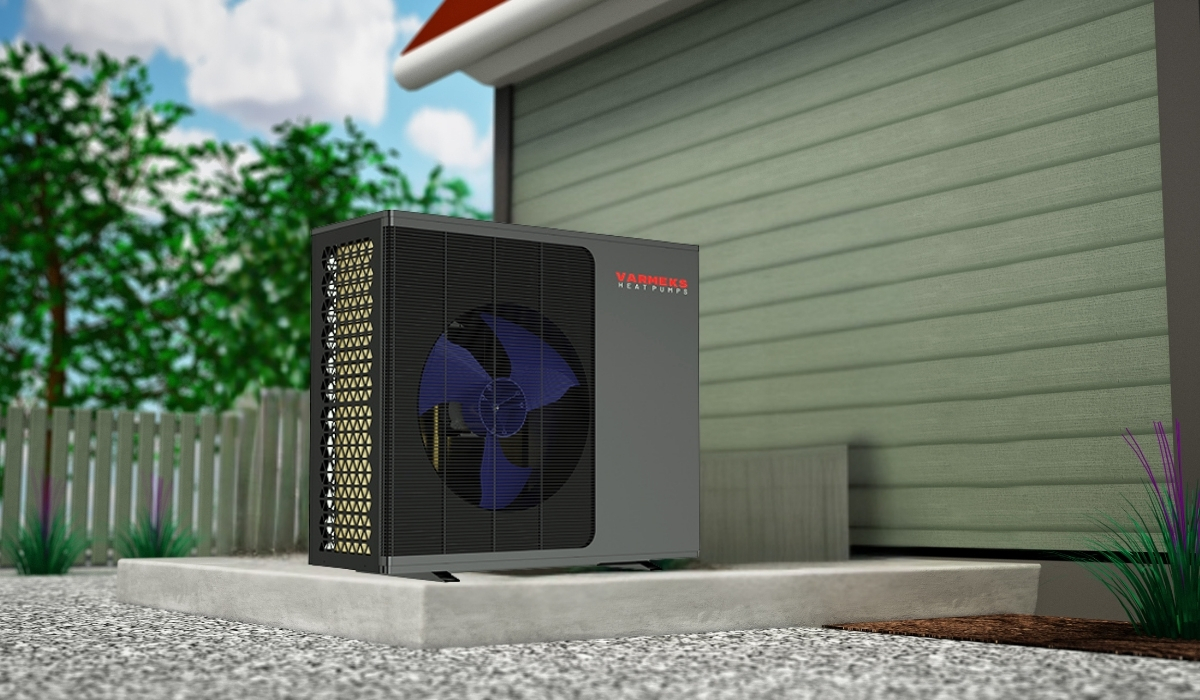How to Ensure Efficient Heat Pump Operation: Heating Tips and Cost-Reduction Strategies

Optimizing energy consumption has become paramount in pursuing a more sustainable future. Heat pumps offer an eco-friendly and cost-effective alternative to traditional heating and cooling systems, making them increasingly popular among homeowners. However, ensuring that your heat pump operates efficiently is crucial to achieving maximum energy savings and cost reduction.
Heat pumps are a sustainable alternative to conventional heating systems, offering significant energy savings. However, ensuring optimal performance requires proper maintenance and smart usage strategies. Here are key tips to improve your heat pump’s efficiency, lower energy consumption, and enhance cost savings.
1. Perform Regular Maintenance on Your Heat Pump
If you are an installer, schedule regular maintenance dates for your customers and inform them about the maintenance content.
2. Keep Your Heat Pump’s Air Filters Clean
Dirty filters restrict airflow, making your heat pump work harder and consume more energy. Clean or replace filters every few months to ensure optimal airflow, enhance indoor air quality, and improve overall system efficiency.
If there are any leaves or feathers around the air filters that could clog the filter, check their cleanliness frequently.
3. Optimize Thermostat Settings
Adjusting your thermostat strategically can lead to significant energy savings. In winter, lower the temperature slightly; in summer, raise it a few degrees. Smart or programmable thermostats can automate temperature changes based on your schedule, reducing unnecessary energy use.
A homeowner using a programmable thermostat sets the temperature lower at night and during work hours. This small adjustment led to a 15% reduction in energy costs over the winter season.
4. Make Sure You Properly Insulate Your Home or Business
Good insulation minimizes heat loss, reducing the workload on your heat pump. Check for leaks or gaps in doors, windows, and walls. Proper sealing and insulation help maintain a stable indoor temperature and improve efficiency.
A home with poor insulation requires the heat pump to run longer to maintain a comfortable temperature. After sealing gaps and adding attic insulation, your heating system can use up to 25% less energy. How much you can save with insulation can vary depending on the type and system of your heating units.
5. Use Zone Heating in Your Home
If your heat pump supports zoning, take advantage of it. Direct heating or cooling to occupied areas while minimizing energy use in empty spaces. This targeted approach maximizes comfort while keeping costs down.
A family can use zone heating to keep the bedrooms cooler and just the living room warm in the evenings. This strategy can significantly reduce heating costs without sacrificing comfort.
If you have a hot water tank that stores heat from your heat pump, you can use the heat pump less and get more use out of your stored hot water.
6. Improve Outdoor Unit Efficiency
One homeowner noticed that the efficiency of the outdoor unit was reduced due to leaves and dirt accumulating around it. After regular cleaning and installing a sunshade, the performance of the heat pump was noticeably improved. Our installers always install your heat pump to ensure optimum efficiency, don’t forget to consult with Solimpeks distributors.
7. Monitor Refrigerant Levels
Refrigerant levels directly impact efficiency. Low or excessive refrigerant can cause performance issues. Have a professional technician inspect and adjust levels as needed to maintain peak efficiency.
Improving your heat pump’s efficiency is essential for reducing heating costs and lowering energy consumption. Regular maintenance, smart thermostat settings, insulation upgrades, and proper usage can make a significant difference. By following these tips, you can maximize the benefits of your heat pump while contributing to a more sustainable future.
Upgrade to an energy-efficient heating solution today and enjoy long-term savings with sustainable comfort.

 Réservoirs de Stockage
Réservoirs de Stockage
 Chauffe-eau Solaires
Chauffe-eau Solaires
 Pompes à Chaleur
Pompes à Chaleur




